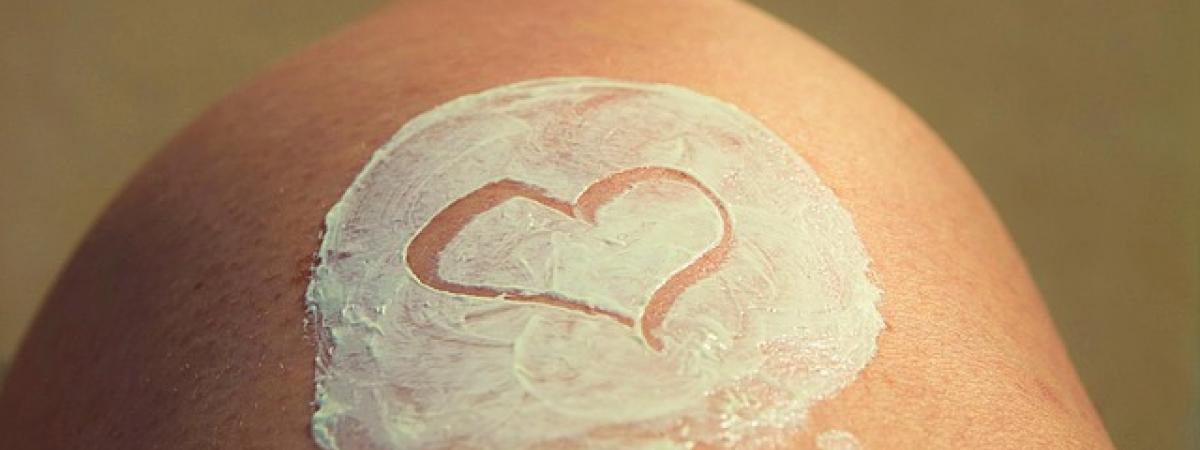New treatments for eczema

Tests or trials to find new treatments for those living with the itchy, red, dry, cracked skin of eczema are taking place. Here are just some of the latest ideas
There’s currently no cure for eczema. The mainstay of modern treatment is to moisturise at least twice daily, while steroid creams can bring an eczema flare under control. Paste bandages and wet wraps help maximise moisture and stop scratching. But what else might work?
Can softened water for bathing reduce risk of eczema in babies?
Your skin is your body’s armour. Bathing in hard water damages the skin’s protective barrier and increases the sensitivity of the skin to potential irritants found in everyday wash products such as soap or washing powder; eczema may result. Researchers at St Thomas’ Hospital in London are leading the ‘Softened Water for Eczema Prevention’ (SOFTER) trial to test whether bathing babies at high risk of eczema (due to a family history of eczema, asthma or hayfever) in softened water reduces their risk of developing eczema.
Acting early on in life may indeed be important. “It is during the first few days and months of life that our skin is most susceptible to damage and most at risk of developing eczema,” says Dr Carsten Flohr, chief investigator of the study.
Can eczema be treated by changing the mix of gut bacteria?
According to the Cochrane Library, “People with eczema have different bacteria in their gut compared to people without eczema, and sometimes they have inflammation in their gut. It has been suggested that eczema symptoms may be treated by changing the mix of gut bacteria or by reducing inflammation in the gut. Probiotics, which are live micro‐organisms taken by mouth, such as the Lactobacillus bacteria found in unpasteurised milk and yoghurt, might achieve this.”
Evidence suggests, however, that currently available probiotics probably don’t improve eczema symptoms.
Currently available probiotics probably don’t improve eczema symptoms.
Attention has, meanwhile, shifted to the skin microbiome: the community of bacteria and other microorganisms that reside on the surface of your skin. In a clinical trial appropriately named ‘BACTERiAD’, researchers are testing whether introducing a particular type of bacteria from healthy skin onto the skin of someone with eczema helps treat the condition. Probiotic skin creams may hold some promise.
What role for bleach in the treatment of eczema?
For some people, bathing with a very small amount of bleach in the water (safe and similar to the chlorine in swimming pools) can reduce skin inflammation and irritation, but opinion is divided and dermatology advice should be sought.
An intriguing study has taken this question a step further and asked whether bleaching the bathroom, but not necessarily bathing in it, renders results. The ‘Bleach versus Bubbles’ trial, led by the University of North California, is due to report soon.
Focussing further on bathwater, the BATHE study reported in 2018 that adding moisturisers to the bathwater made little difference to children’s eczema symptoms. However, rubbing moisturiser into your skin, or using it as a soap substitute is known to help many people.
Drugs, light and fish oils
The ‘ECZTRA 3’ trial is testing a new injection alongside steroids in the treatment of moderate to severe eczema; the ‘ALPHA’ trial at Leeds University is comparing treating severe hand eczema with ultraviolet light therapy (PUVA) or a medicine called Alitretinoin.
In Denmark, meanwhile, a study is taking place to see whether taking fish oil supplements during pregnancy might help prevent eczema in childhood.
With so many trials taking place, the tide could be turning in our ability to treat eczema.
